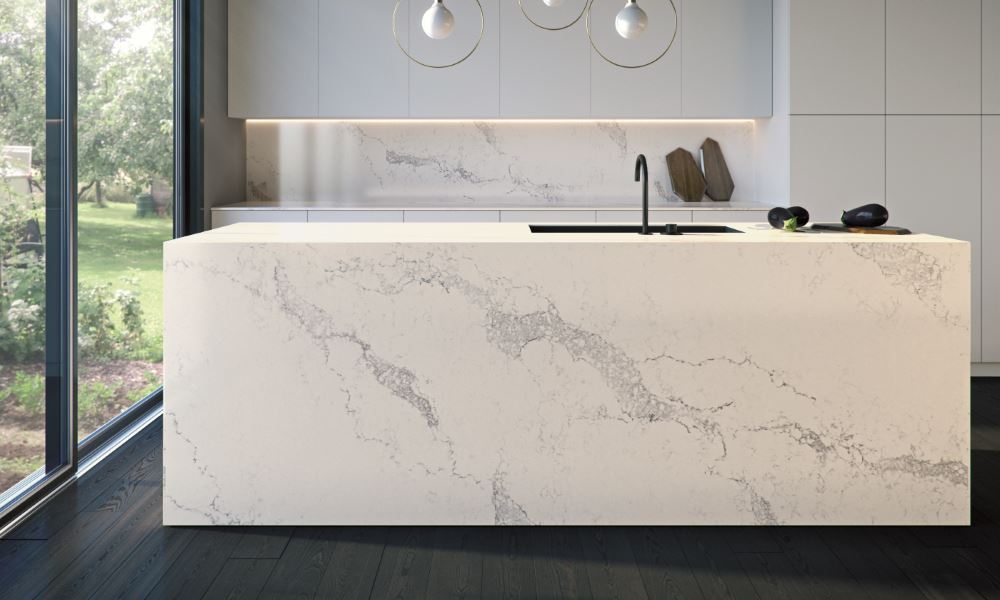When it comes to countertops, few materials combine style, durability, and sustainability as effectively as Caesarstone Quartz. This engineered stone surface has gained immense popularity in both residential and commercial spaces, becoming a go-to choice for designers, homeowners, and architects.
But how does quartz countertop material stack up against other countertop materials like granite, marble, laminate, and solid surfaces? In this article, we’ll compare these materials to uncover why engineered stone surfaces remain a top contender in modern interior design.
Caesarstone Quartz vs. Granite: The Battle of Durability
Caesarstone Quartz:
- Made from 93% natural quartz, bound with resins and pigments.
- Non-porous surface resists stains, scratches, and bacterial growth.
- Minimal maintenance, with no need for annual sealing.
Granite:
- A natural stone known for its unique patterns and high durability.
- Porous surface requires regular sealing to prevent staining.
- Prone to chipping along edges if not properly maintained.
Key Difference:
While both materials are durable, Caesarstone Quartz edges ahead with its non-porous surface and low-maintenance requirements.
Winner: Caesarstone Quartz for superior stain and scratch resistance.
Caesarstone Quartz vs. Marble: Elegance vs. Practicality
Caesarstone Quartz:
- Offers a consistent appearance with fewer natural imperfections.
- Resistant to stains, etching, and moisture damage.
- Available in a wide range of patterns and finishes.
Marble:
- Known for its luxurious veining and natural beauty.
- Highly porous and prone to stains, especially from acidic substances.
- Requires regular sealing and careful maintenance.
Key Difference:
Marble offers timeless elegance but is high-maintenance, whereas Caesarstone Quartz balances beauty with durability.
Winner: Caesarstone Quartz for practicality and ease of care.
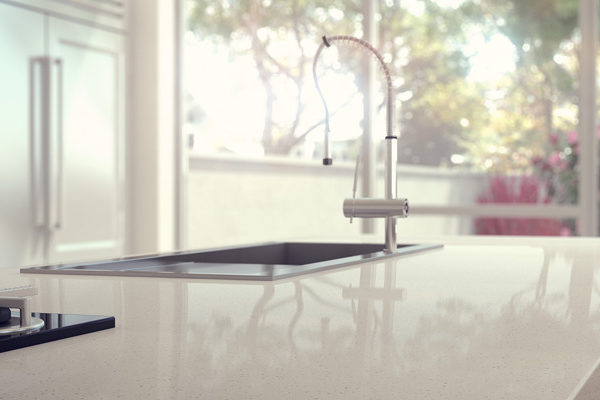
Caesarstone Quartz vs. Laminate: Premium Quality vs. Budget-Friendly Choice
Caesarstone Quartz:
- Provides a luxury finish that adds property value.
- Highly durable and resistant to damage from heat and scratches.
- Environmentally sustainable production practices.
Laminate:
- Affordable and available in a variety of patterns and colors.
- Prone to scratches, chips, and heat damage over time.
- Not repairable if heavily damaged.
Key Difference:
Laminate is cost-effective but lacks the durability and visual appeal of Caesarstone Quartz.
Winner: Caesarstone Quartz for long-term value and premium aesthetics.
Caesarstone Quartz vs. Solid Surface: Strength vs. Flexibility
Caesarstone Quartz:
- Known for its rigid strength and exceptional durability.
- Resistant to scratches, heat, and impact.
- Suitable for high-traffic kitchen and bathroom spaces.
Solid Surface:
- Made from acrylic and natural minerals.
- Offers seamless installation with invisible joints.
- Susceptible to heat damage and scratches.
Key Difference:
Solid surfaces excel in seamless installation but fall short in scratch and heat resistance compared to Caesarstone Quartz.
Winner: Caesarstone Quartz for strength and resilience in demanding environments.
Caesarstone Quartz: Environmental Responsibility
In today’s eco-conscious world, sustainability is a key factor in choosing building materials. Caesarstone Quartz excels in this regard:
- Eco-Friendly Manufacturing: Caesarstone adheres to strict environmental standards in production.
- Recycled Materials: Many Caesarstone products incorporate recycled materials.
- Longevity: Long lifespan reduces environmental waste.
Compared to materials like laminate and solid surface, Caesarstone Quartz is a more environmentally responsible choice for sustainable construction.
Winner: Caesarstone Quartz for environmental stewardship and sustainable design.
Maintenance Comparison: Time and Effort
| Material | Maintenance Required | Resistant to Stains | Heat Resistance | Sealing Needed? |
| Caesarstone Quartz | Minimal | Yes | High | No |
| Granite | Moderate | Moderate | High | Yes |
| Marble | High | Low | Low | Yes |
| Laminate | Low | Low | Low | No |
| Solid Surface | Moderate | Moderate | Low | No |
Takeaway:
If low maintenance and high durability are your top priorities, Caesarstone Quartz clearly stands out.
Why Caesarstone Quartz is a Superior Choice
After comparing Caesarstone Quartz with granite, marble, laminate, and solid surface, it’s clear why it’s a top choice:
- Strength: Scratch, stain, and heat resistance.
- Style: Sleek designs and consistent finishes.
- Sustainability: Eco-friendly manufacturing.
- Value: Long-lasting durability and premium appeal.
- Ease of Maintenance: No sealing, easy cleaning.
When you choose Caesarstone Quartz, you’re not just selecting a countertop—you’re investing in style, functionality, and sustainability.
Final Word: The Smart Investment in Caesarstone Quartz
Choosing the right countertop material is a balance between aesthetics, functionality, and long-term value. Caesarstone Quartz delivers on all fronts, combining the beauty of natural stone with the resilience of modern engineering.
- For Durability: It’s unmatched.
- For Style: Timeless and versatile designs.
- For Maintenance: Hassle-free and long-lasting.
Whether it’s a kitchen island, bathroom vanity, or commercial workspace, Caesarstone Quartz remains the cornerstone of premium surface design.
Make the choice that blends elegance, strength, and responsibility—choose Caesarstone Quartz.

 How to Choose the Right Window Replacement Contractor
How to Choose the Right Window Replacement Contractor  The Best Aircon servicing Singapore Maintaining Coolness by Performing Top-Quality Maintenance
The Best Aircon servicing Singapore Maintaining Coolness by Performing Top-Quality Maintenance 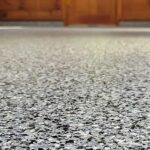 Why Columbus Homeowners Are Falling in Love with Epoxy Garage Floor Coatings
Why Columbus Homeowners Are Falling in Love with Epoxy Garage Floor Coatings  Flood Cleaning Services in Fort Worth, TX: Essential Steps to Restore Your Home
Flood Cleaning Services in Fort Worth, TX: Essential Steps to Restore Your Home 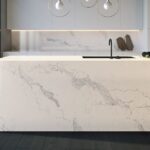 The Benefits of Caesarstone Quartz: Style, Strength, and Sustainability
The Benefits of Caesarstone Quartz: Style, Strength, and Sustainability  Are Home Elevators Worth the Investment? A Canadian Homeowner’s Guide
Are Home Elevators Worth the Investment? A Canadian Homeowner’s Guide 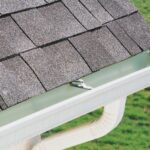 5 Common Gutter Problems That Gutter Guards Can Solve
5 Common Gutter Problems That Gutter Guards Can Solve  How a Whole-House Humidifier Can Help With Your Health
How a Whole-House Humidifier Can Help With Your Health  Master Bathroom Remodeling: Essential Tips for a Stylish Upgrade
Master Bathroom Remodeling: Essential Tips for a Stylish Upgrade 